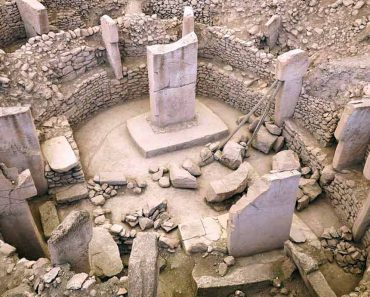In 1913, long before modern Türkiye was founded, the Turks of Western Thrace established what is considered the first Turkish republic in history — a bold assertion of self-governance and national identity.
Since then, this resilient community has faced a century-long battle to preserve its culture, language, religion, and very existence in the face of growing Greek state pressure.
Following the Treaty of Lausanne in 1923, Western Thrace was placed under Greek sovereignty.
However, unlike the mass population exchanges between Greece and Türkiye following the agreement, Turks in Western Thrace — along with Greeks residing in Istanbul and the Princes’ Islands — were exempt from relocation.
This exception was not arbitrary; it was codified in international law to ensure the protection of minority rights. Yet over the decades, Greece has systematically eroded these protections.
“The Treaty of Lausanne…is a birth certificate that forms the basis of their identity, existence, and rights,” says Ozan Ahmetoglu, former president of the Iskece Turkish Union, which has been officially banned by the Greek government despite a clear ruling in its favour by the European Court of Human Rights (ECHR).
However, Greece has unleashed a century-long campaign to erase history, undermine identity, and silence an entire people under the guise of national unity.
From arbitrarily shutting down Turkish-language schools and replacing elected local religious leaders with state-appointed clerics, to confiscating foundation properties and banning the use of the word ‘Turkish’ in association names, Athens has deployed a slow but persistent policy of erasure.
Worse still, Greece has failed to implement multiple rulings by the ECHR, including cases that upheld the right of the Turkish minority to organise and express their ethnic identity.
Turkish activists in Western Thrace say that this disregard not only violates the treaty but also weakens Europe’s broader human rights framework.
Greece’s treatment of the Turkish community has long been a sore point in Turkish-Greek relations, already under strain due to several disputes over territorial claims in the Aegean.
Western Thrace – which borders Bulgaria, Türkiye and the Greek region of Macedonia – is home to an estimated 150,000 ethnic Turks.
Athens’ policy of identity denial
Greece’s longstanding policy of denying the existence of national and ethnic minorities within its borders is not merely a bureaucratic oversight — it is a calculated state doctrine designed to erase entire communities from historical and legal recognition.
While this policy targets all ethnic minorities, its most visible and egregious impact is on the Turkish minority of Western Thrace. The Greek state officially defines minorities exclusively by religious affiliation — a framework that deliberately ignores ethnicity, language, and culture.
In official statements and legal frameworks, the government insists that “there is only one religious minority in Greece — the Greek Muslim Minority.”
“This approach ignores the identities, languages, and cultural heritage of other ethnic minorities in the country, especially Turks, and reflects a perspective that is contrary to human rights. Denying the identities of minorities brings with it numerous problems,” Ahmetoglu tells TRT World.
In recent years, Greece has doubled down on this policy — transforming denial into an official state narrative.
Turkish identity is treated as a threat to national unity, and the community’s cultural expression is framed as foreign interference. This rhetoric has gained traction in political discourse and has been echoed in courtrooms, parliament, and even school curricula.
By erasing the Turkish minority on paper, Athens attempts to sever the historical and legal ties that link this community to Türkiye and to the international treaties that protect them.
Silent battlegrounds
One of the most visible and devastating areas of suppression is education. Until the 1970s, schools serving the minority were officially recognised as ‘Turkish schools’.
This explicit acknowledgement of ethnic identity was later revoked — replaced by vague, de-ethnicised labels like ‘Muslim’, ‘bilingual’ or ‘minority’, designed to dissolve communal identity under generic categorisation.







